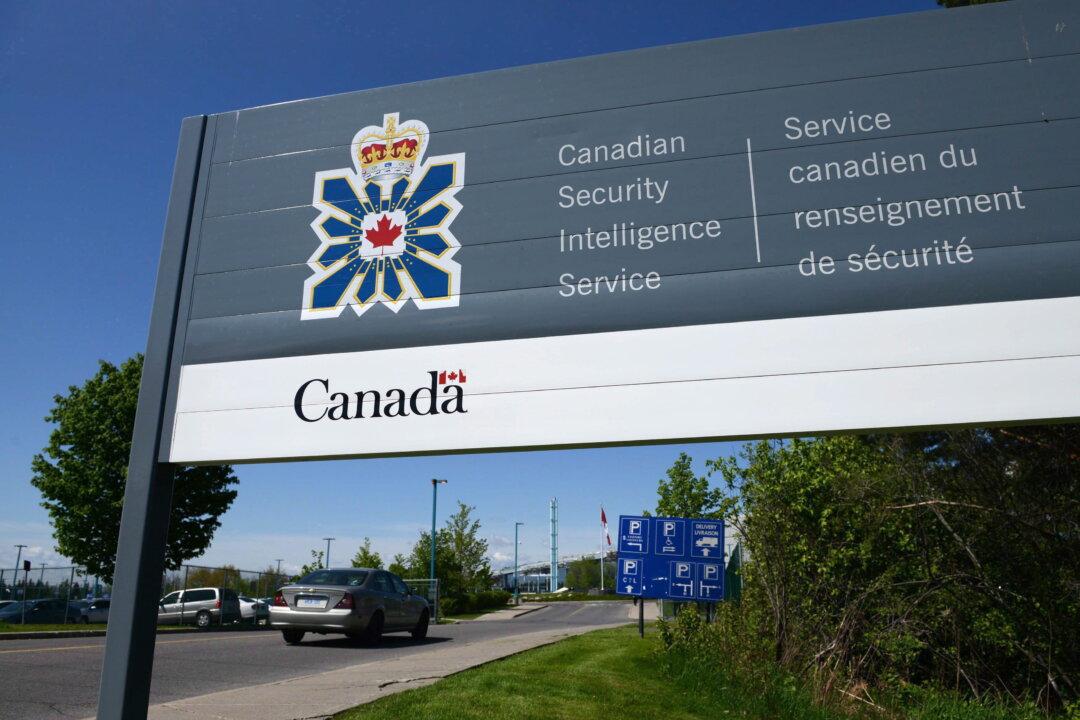Canada’s spy agency provided a sensitive briefing to the Liberal Party about foreign interference a few days before the 2021 elections, according to a document released during the foreign interference inquiry on April 8.
“Importantly, we regret having to inform you of this activity and, again, understand the difficulties associated with the limitations of what you can do with it,” reads the Canadian Security Intelligence Service (CSIS) briefing delivered to representatives from the Liberal Party on Sept. 12, 2021.





